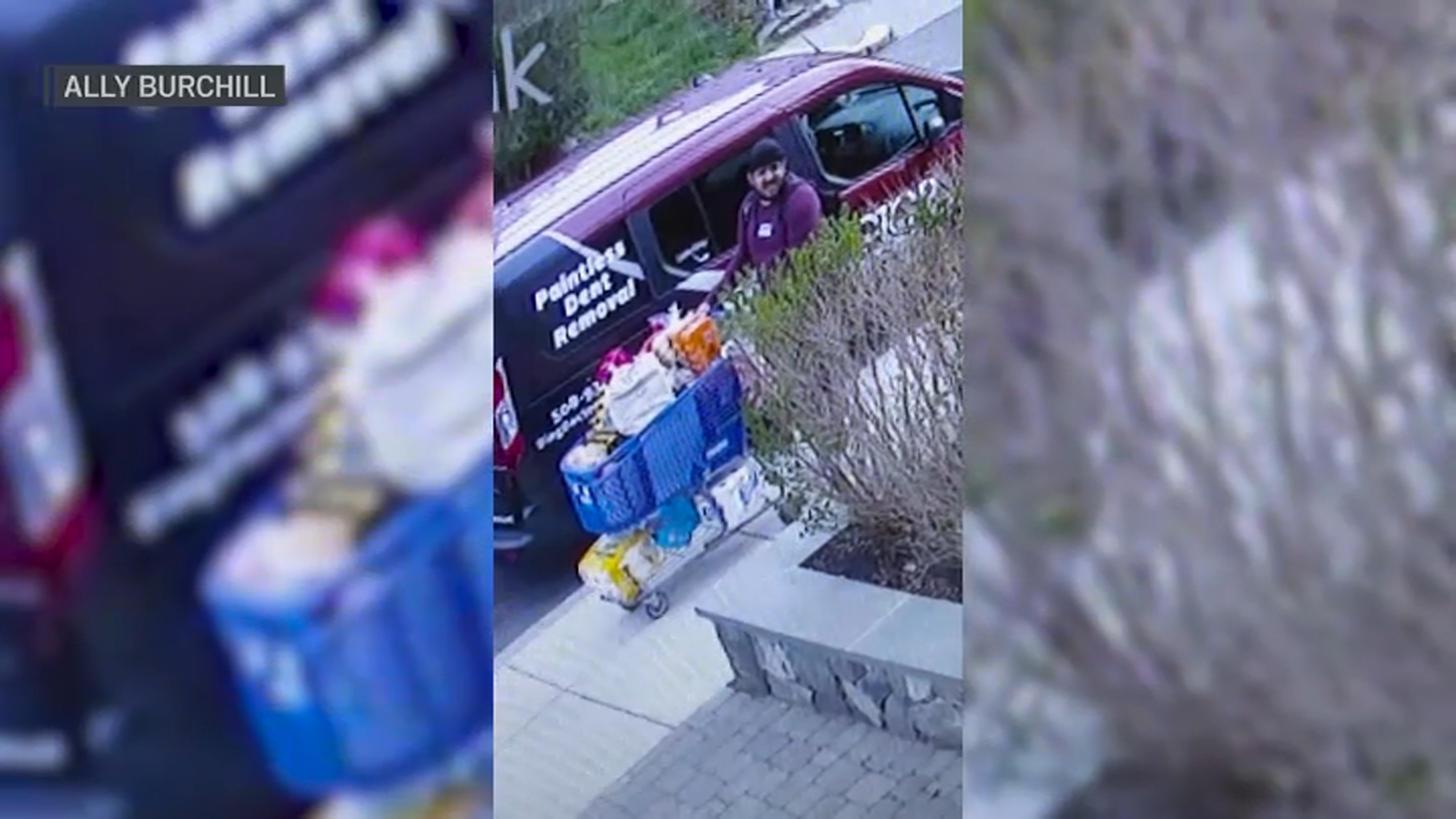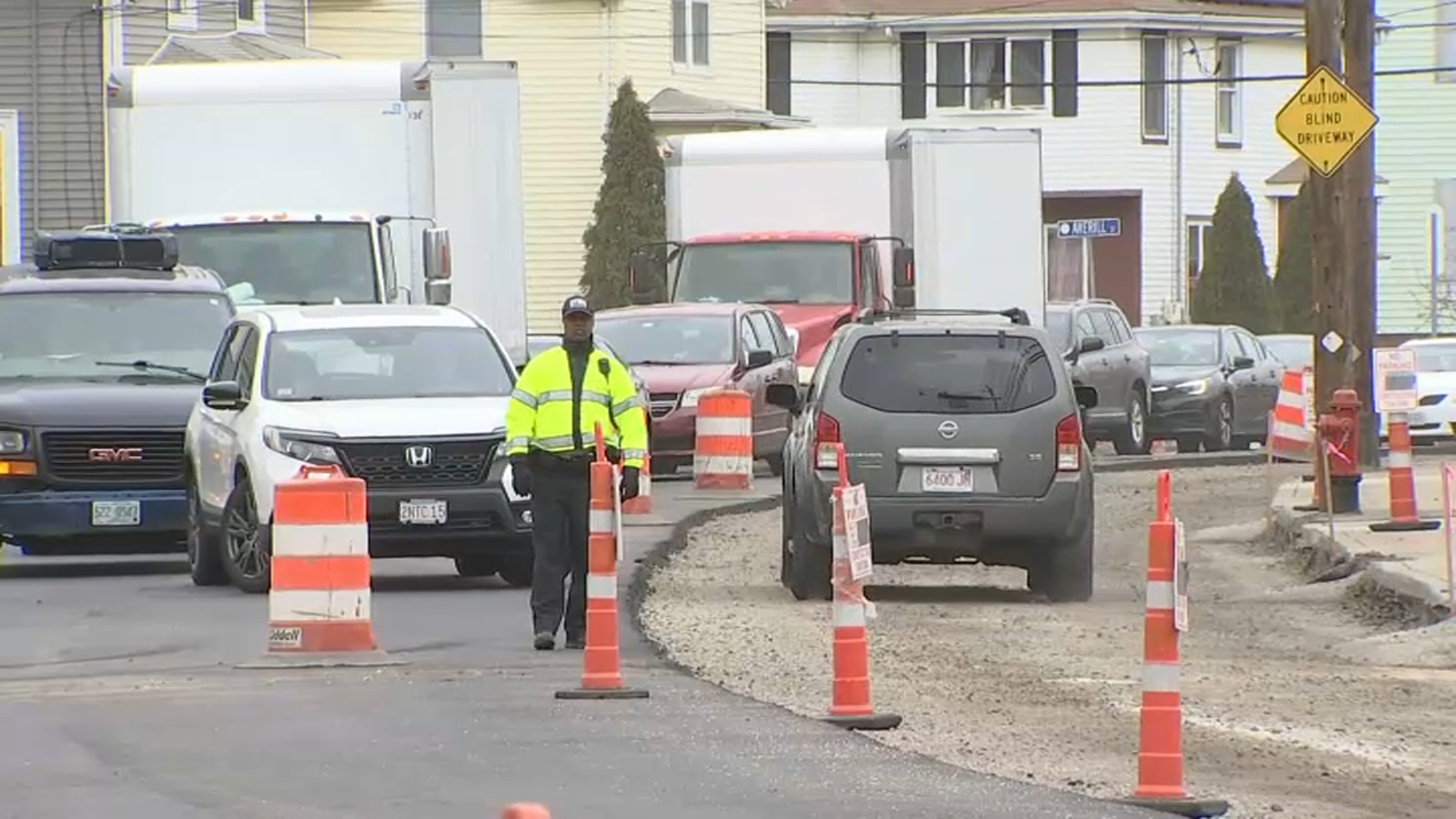The ongoing fight against opioid addiction in Gloucester, Massachusetts, gained new attention this week after a 12-year old boy stepped on a hypodermic needle at a local beach.
Now, city officials are taking steps to reduce the number of discarded needles being left behind.
Public works crews will be scouring the city to remove any needles from streets parks and beaches. Special attention will be paid to the Niles Beach area, where officials said multiple syringes have been found in recent weeks. Police will also step up patrols at town parks and beaches to dissuade drug use in public places.
"This is a quality of life issue for our community, and we are committed to cleaning up and working with the city to raise awareness," Public Works Director Michael Hale said.
According to a comment on the Gloucester Police Department's Facebook page, a 12-year-old child reportedly stepped on a syringe over the Fourth of July weekend and now must undergo months of testing and possible HIV medication.
"This is one of the scariest things we have ever been through," the child's mother said on Facebook. "I'm scared to walk on the sand barefoot."
"It's clearly a public health concern that needs to be addressed," said Kiley Davis, another parent who was at the beach. "He could see it in the sand after. It went quite far into his foot, from what it seemed to be."
Massachusetts
The latest news from around the state
Davis and other parents have expressed growing concern with the city over what is being done to address drug abuse.
"That is one of the things that makes us realize we got to do something about this," said Lt. Joseph Fitzgerald of the Gloucester Police Department.
Within the last year, Fitzgerald said his department has helped 300 opioid addicts begin the recovery process. The city's police chief, Leonard Campanello, was honored at the White House for his approach to the opioid crisis. However, both say more needs to be done.
"I think the federal government can be doing a lot to help local and state governments deal with this," he told necn Wednesday.
Campanello called the rejection of some funding Wednesday to battle the epidemic shameful.
"Just as many Republican kids are dying as Democratic kids," he said. "This needs to be a bipartisan issue in which supporters give right away."
In addition to having public works search the city for any discarded needles, Mayor Romeo Theken is also seeking to establish a pilot needle exchange program.
"Dirty and improperly disposed needles pose a problem for everyone, from users, to tourists, to children who may come across them," Theken said. "Gloucester does not ignore our citizens who have asked for leadership and safety in our community, but the reality is that we're in the middle of a nationwide heroin epidemic which cannot be ignored, even here. We offer treatment options, we conduct outreach, and we are committed to proper needle disposal as a sanitation and quality of life issue that we must tackle as a community, together."
Used syringes can now be disposed of at several drop-off sites in the city, including Addison Gilbert Hospital, the Gloucester Police Department and the North Shore Health Project.
A community meeting will be held on Thursday night to discuss the steps being taken to reduce the number of discarded hypodermic needles being left in the city.
Gloucester has been at the forefront of efforts to combat the heroin epidemic sweeping the nation. In 2005, the police department began an initiative aimed at fighting drug addiction. Through that program, people seeking treatment for substance abuse can ask for help at the police station without criminal penalty. That helped start parallel programs in many other states.



